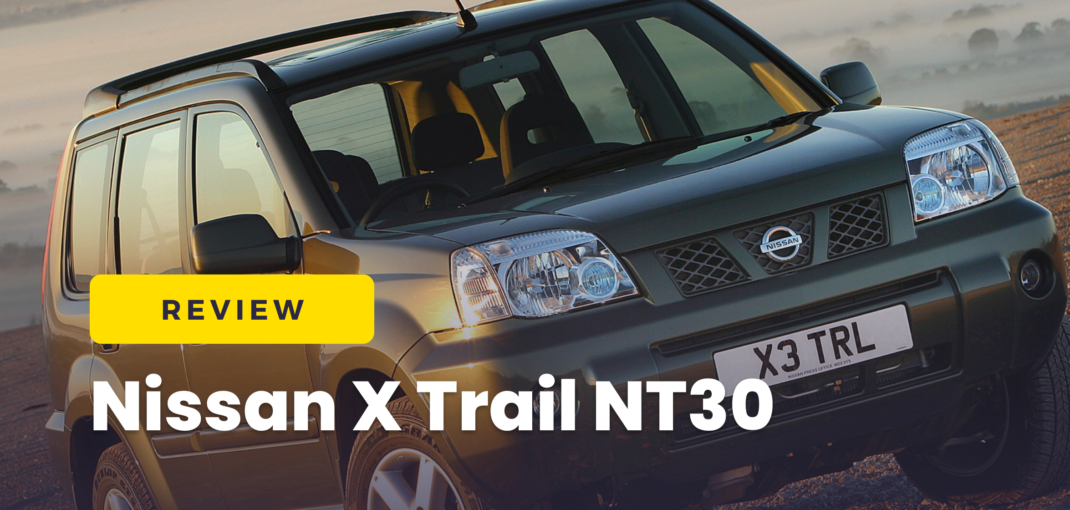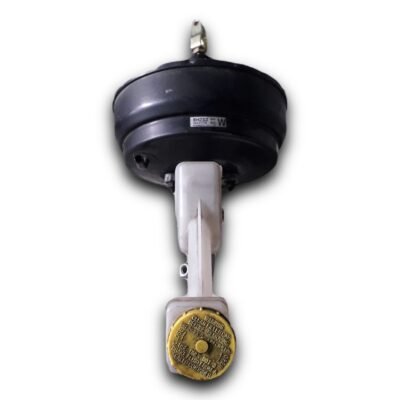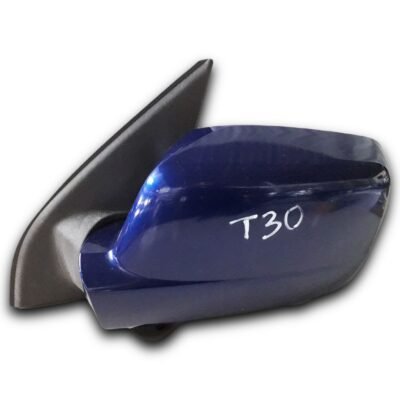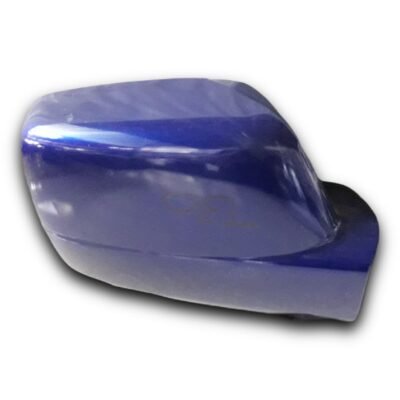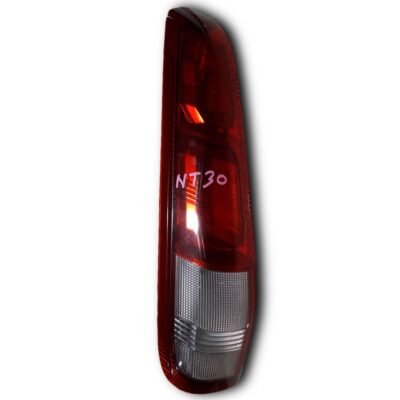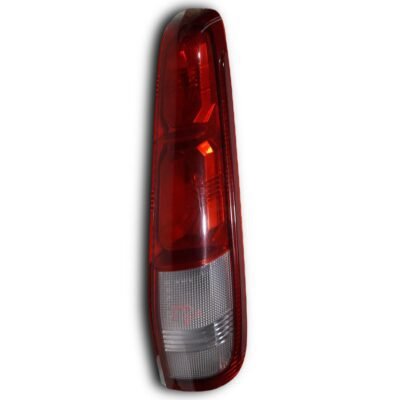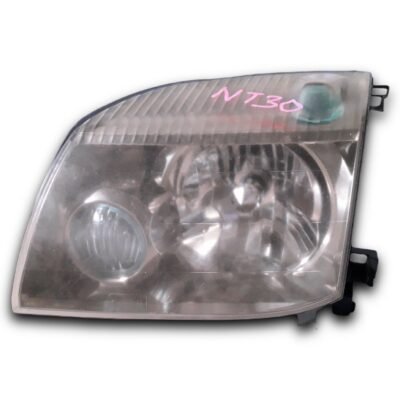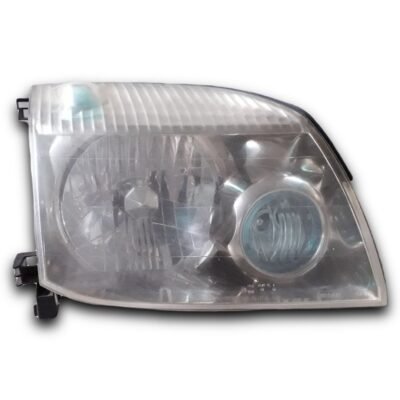
Powertrain
Nissan X Trail offered only two engine options: a 2.0-liter gasoline unit with 136 HP and a 2.2-liter diesel unit with 114 HP. Two years later, Nissan introduced a more powerful 2.2-liter petrol mill with 165 HP and an improved 2.2-liter dCi diesel engine.
Safety
The first generation Nissan X Trail was awarded four Euro NCAP stars after being put through the requisite crash tests. Safety-wise, the X-Trail comes with driver and front passenger airbags, ABS as well as side airbags on higher trim levels.
Handling
Driving the Nissan X Trail is easier than one might expect, at least for a car this size. The SUV is one of those rare birds that combine decent on-road performances with a solid off-road character. The steering provides sufficient feedback and there’s a considerable amount of grip delivered whenever you need it. Furthermore, the crisp transmission will make for a pleasant driving experience but at low speeds, you’ll need to manhandle the steering wheel and because of this firmness, parking is a bit stressful.

Quality
While not being the most refined, the materials used inside the X-Trail are there to ensure a durable cabin. The Nissan X Trail also ranks high in quality and reliability rankings, and customers are commonly content with the SUV’s overall quality.
Comfort
Spaciousness is something you’ll enjoy to the fullest in the Nissan X Trail. The SUV can be easily used as a family car: there’s plenty of space in the back seat even for three grown-ups, and the suspension is rather forgiving on broken patches of asphalt.
Moreover, the airy cabin contributes to the overall comfort, but there’s plenty of engine noise (especially from the diesel units) finding a way inside the cockpit. Otherwise, wind and road noise are kept at bay even at higher speeds.
From the driver’s perspective, visibility is top-shelf – this helps with navigating the SUV around closed spaces. You also get a good view of the car’s instruments, buttons and controllers, so even longer trips will take place in a comfortable way.


